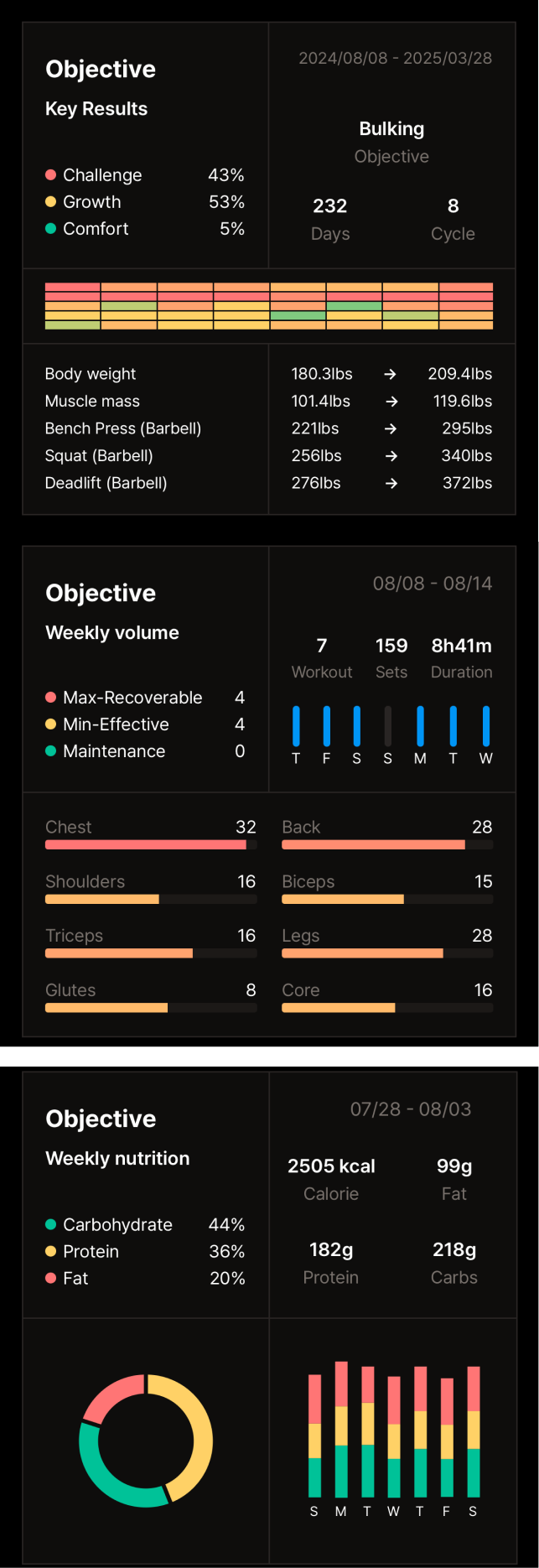Nutrient Timing (Pre/Post Workout Nutrition)
Did you know that what and when you eat can significantly impact your workout results? Nutrient timing, the strategic planning of when to consume specific nutrients, is a crucial aspect of optimizing performance and recovery for fitness enthusiasts. Michael Phelps, the most decorated Olympian of all time, reportedly consumed around 12,000 calories a day during his peak training. This article will explore the best pre and post-workout nutrition strategies to enhance your athletic performance and muscle recovery.
Understanding Nutrient Timing
What is Nutrient Timing?
Nutrient timing involves consuming specific nutrients at strategic times, primarily before, during, and after exercise, to maximize their benefits. This practice aims to enhance muscle protein synthesis (muscle growth), improve energy levels, and speed up recovery. The science behind nutrient timing revolves around how the body utilizes nutrients at different stages of exercise and recovery.
The Role of Macros & Calories
Macronutrients—proteins, carbohydrates, and fats—play distinct roles in workout nutrition. Carbohydrates provide the primary fuel source for exercise. Protein is essential for muscle repair and growth. Fats support hormone production and overall health. Calorie needs vary based on individual goals. For muscle gain, a calorie surplus is generally required. Conversely, fat loss typically involves a calorie deficit.
Pre-Workout Nutrition: Fueling Your Body
Best Pre-Workout Foods for Energy
Consuming the right foods before exercise can significantly impact your energy levels and performance. Complex carbohydrates, like oatmeal and brown rice, provide sustained energy release. Lean proteins, such as chicken breast or Greek yogurt, help prevent muscle breakdown during exercise. Bananas offer a quick source of carbohydrates and potassium, an electrolyte crucial for muscle function.
Timing Your Pre-Workout Meal
The ideal timing for your pre-workout meal depends on the size and composition of the meal. A larger meal should be consumed 2-3 hours before exercise. For smaller snacks, 30-60 minutes prior is sufficient. Quick pre-workout snacks include a banana, a handful of almonds, or a protein shake. Adjust timing based on your individual digestive tolerance and workout intensity.
Post-Workout Nutrition: Recovery and Growth
Post-Workout Meals for Muscle Recovery
After a workout, your body needs nutrients to repair muscle tissue and replenish glycogen stores. Protein is crucial for muscle repair and growth. Carbohydrates help restore glycogen levels, the body's primary energy source during exercise. A combination of protein and carbohydrates is ideal for optimal post-workout recovery. Examples include a protein shake with fruit, grilled chicken with sweet potato, or salmon with quinoa.
How Long After a Workout Should I Eat?
The "anabolic window," the period after exercise when the body is most receptive to nutrient uptake, is often discussed. Current research suggests this window is much longer than previously thought, extending up to 24 hours post-workout, although the 1-2 hour period post-workout is still optimal. Aim to consume a post-workout meal within 1-2 hours of finishing your workout. If this isn't feasible, prioritize protein intake as soon as possible.
Special Considerations for Different Types of Workouts
Nutrition Timing for Strength Training
Strength training places unique demands on the body. Adequate protein intake is crucial for muscle repair and growth. Consuming protein both before and after strength training sessions is recommended. Focus on consuming 1.6-2.2 grams of protein per kilogram of body weight daily to maximize muscle protein synthesis. Incorporate carbohydrates to fuel workouts and aid in recovery.
What to Eat Before a Marathon or Endurance Event
Endurance athletes have different nutritional needs compared to strength athletes. Carbohydrate loading, a strategy to maximize glycogen stores, is crucial for endurance events. This involves increasing carbohydrate intake in the days leading up to the event. A sample meal plan for endurance athletes includes pasta, rice, potatoes, and other carbohydrate-rich foods. Consume easily digestible carbohydrates a few hours before the event.
Supplementing Your Diet: Do You Need Workout Supplements?
Common Pre and Post-Workout Supplements
Various supplements are marketed to enhance workout performance and recovery. Protein powders provide a convenient way to increase protein intake. BCAAs (Branched-Chain Amino Acids) may help reduce muscle soreness, although research is mixed. Creatine monohydrate can improve strength and power output. Consult with a healthcare professional or registered dietitian to determine if supplements are appropriate for your needs.
Natural Alternatives and Whole Foods
While supplements can be helpful in certain situations, whole food sources are generally preferred. Lean meats, fish, eggs, and dairy provide high-quality protein. Fruits, vegetables, and whole grains offer essential vitamins, minerals, and carbohydrates. Prioritize nutrient-dense whole foods whenever possible.
Practical Tips for Implementing Nutrient Timing
Creating a Personalized Nutrition Plan
A personalized nutrition plan should consider your individual fitness goals, training schedule, and dietary preferences. Track your calorie and macronutrient intake to ensure you're meeting your needs. Adjust your meal timing and composition based on your workout schedule.
Overcoming Common Challenges
Time constraints and dietary restrictions can pose challenges to consistent nutrient timing. Prepare meals and snacks in advance to save time. Explore alternative food options that fit your dietary needs. Prioritize consistency over perfection.
Conclusion
Nutrient timing plays a significant role in optimizing athletic performance and muscle recovery. By strategically planning your nutrient intake, you can fuel your workouts effectively, enhance muscle growth, and speed up recovery. Experiment with different strategies to find what works best for your individual needs. Explore related topics such as hydration strategies and the role of micronutrients to further enhance your fitness journey. Fuel your body right, and watch your performance soar!

